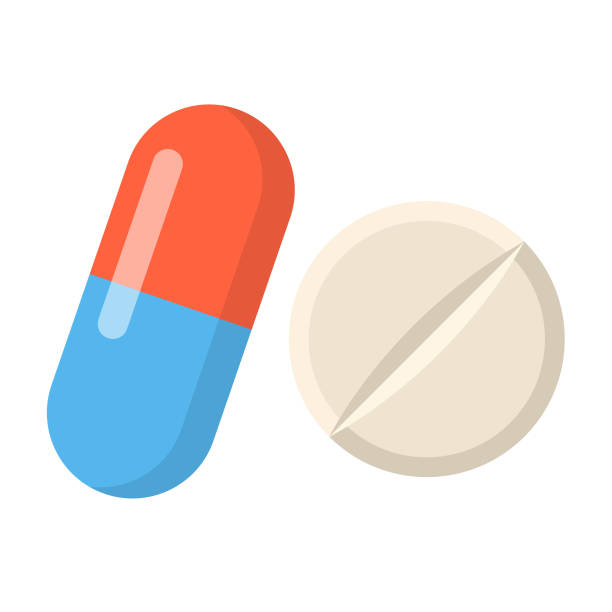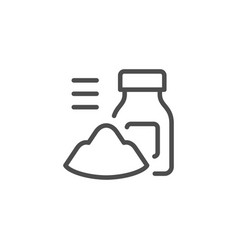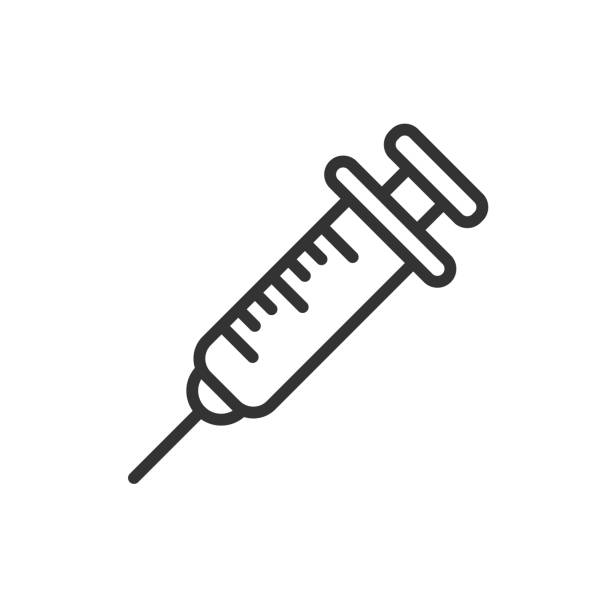Voriconazole
Indications
Voriconazole is an azole antifungal medicine. It is indicated for use in patients 12 years of age and older in the treatment of following fungal infections-
- Invasive aspergillosis
- Candidemia (nonneutropenic) and disseminated candidiasis in skin, abdomen, kidney, bladder wall and wounds
- Esophageal candidiasis
- Serious infections caused by Scedosporium apiospermum and Fusarium Species including Fusarium solani
- Patients intolerant of, or refractory to other therapy.
Pharmacology
Voriconazole is a triazole antifungal medication used to treat serious fungal infections. Voriconazole binds and inhibits ergosterol synthesis by inhibiting CYP450-dependent 14-alpha sterol demethylase. The inhibition of 14-alpha sterol demethylase results in a depletion of ergosterol in fungal cell membrane.
Dosage And Administration
Oral-
Voriconazole tablet and powder for suspension are to be taken at least one hour before or one hour following a meal
- At or over 40 kg body weight: Loading dose regimen is 400 mg or 10 ml every 12 hours (for the first 24 hours) and maintenance dose (after first 24 hours) is 200 mg or 5 ml twice daily.
- Below 40 Kg body weight: Loading dose regimen is 200 mg or 5 ml every 12 hours (for the first 24 hours) and maintenance dose (after first 24 hours) is 100 mg or 2.5 ml twice daily. Or, as directed by the registered physician.
Injection-
Invasive Aspergillosisd :
- Loading dose: 6 mg/kg 12 hourly for the first 24 hours.
- Maintenance Dose: 4 mg/kg 12 hourly.
Candidemia in nonneutropenic patients and other deep tissue Candida infections:
- Loading dose: 6 mg/kg 12 hourly for the first 24 hours.
- Maintenance Dose: 3-4 mg/kg 12 hourly.
Scedosporiosis and Fusariosis:
- Loading dose: 6 mg/kg 12 hourly for the first 24 hours.
- Maintenance Dose: 4 mg/kg 12 hourly.
Interaction
- CYP3A4, CYP2C9 and CYP2C19 inhibitors and inducers: Adjust Voriconazole dosage and monitor for adverse reactions or lack of efficacy
- Voriconazole may increase the concentrations and activity of drugs that are CYP3A4, CYP2C9 and CYP2C19 substrates. Reduce doses of these other drugs and monitor for adverse reactions
- Increase maintenance oral and intravenous dosage of Voriconazole with co-administration of Phenytoin or Efavirenz
Contraindications
Known hypersensitivity to Voriconazole or any other components of this drug-
- Co-administration with terfenadine, astemizole, cisapride, pimozide or quinidine, sirolimus due to risk of serious adverse reactions
- Co-administration with rifampin, carbamazepine, long-acting barbiturates, efavirenz, ritonavir, rifabutin, ergot alkaloids and St. John's Wort due to risk of loss of efficacy
Side Effects
The most common side effects are abdominal pain, anemia, blurred vision, headache, chest pain, nausea and diarrhea.
Pregnancy And Lactation
There are no adequate and well-controlled studies in pregnant woman. It should be used during pregnancy only if the potential benefit justifies the potential risk to the fetus.
Precautions And Warnings
Long term exposure (treatment or prophylaxis) greater than 180 days requires careful assessment of the benefit-risk balance. Squamous cell carcinoma of the skin (SCC) has been reported in relation with long-term voriconazole treatment.
Overdose Effects
There is no data found about overdose of Voriconazole.
Therapeutic Class
Other Antifungal preparations.
Use in special populations
The efficacy to the children under 12 years of age is not established.
Storage Conditions
Keep out of reach of children. Store in a dry place, below 25°C temperature and protected from light. Store Voriconazole powder for suspension between 2° to 8°C temperature.


